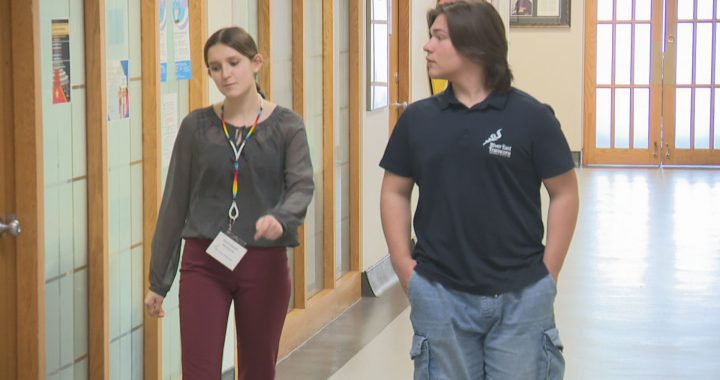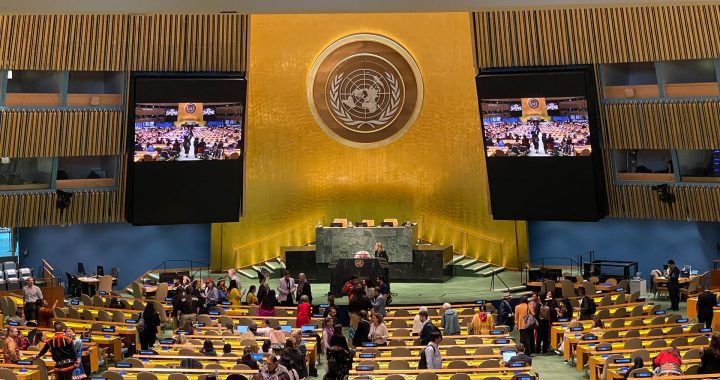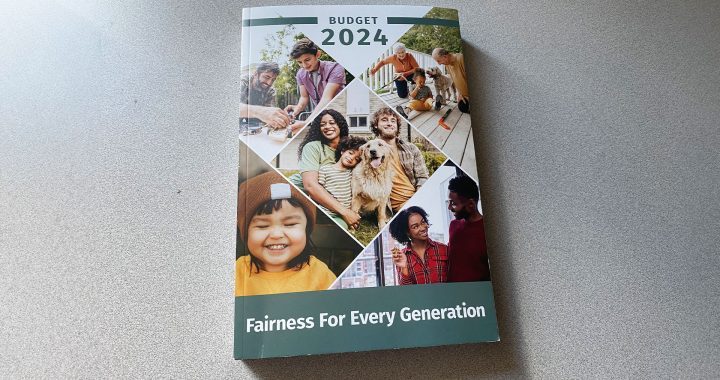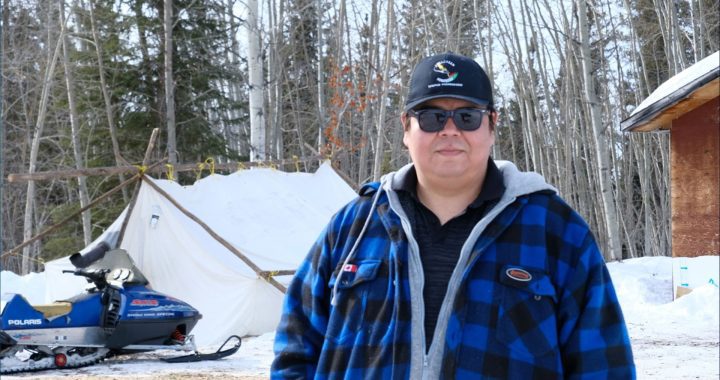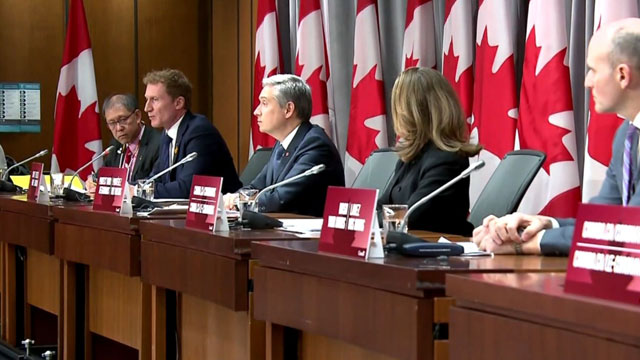

Two top federal servants with Indigenous Services Canada defended the department Thursday against critics who say Canada is not doing enough to help Indigenous communities “close the door” to the COVID-19 virus.
“I would say we are doing everything possible,” said Valerie Gideon, senior assistant deputy minister with ISC, on Nation to Nation.
Gideon provided a list of what the feds are doing, including assessing requests for personal protective equipment, like masks and gloves, within 24 hours.
There were 470 orders either shipped or delivered as as of April 9, according to the department.
“We have been doing everything possible to expedite the delivery of those,” said Gideon. “We also have emergency contracts in place to increasing nursing capacity in communities. We have done a call out for nurses.”
The regional chief of the Assembly of First Nations for Ontario said earlier this week that First Nation leaders in the province were telling her more pandemic response money is needed immediately.
Some of the $215 million emergency funding reached remote communities Monday. It’s part of a $305-million package announced by Ottawa in March.
But RoseAnne Archibald said communities are telling her it’s not enough to re-purpose buildings or establish hospitals in First Nations.
“We need masks, we need equipment, we need cleaners, we need disinfectants. We need all the things to stop the spread and we need that money identified now,” Archibald said.
“We need it now, not tomorrow, not next week, not after breakouts are happening. Now. We need it now.”
The appeal came after Eabametoong First Nation in northern Ontario confirmed a positive case of COVID-19.
Located 366 km northeast of Thunder Bay, the community is one of 49 members of the Nishnawbe Aski Nation (NAN). Also known as Fort Hope, it was locked down to prevent a case from coming in.
As of Wednesday, there were 35 cases of the virus diagnosed in First Nations. Six Nations of the Grand River announced Wednesday evening that one of their members died of COVID-19, making it the first on-reserve death.
“We want to close the door on the virus,” said Dr. Tom Wong, the top doctor at ISC, on Nation to Nation.
“Even if it does come through the door we want to stop it right at the beginning.”
Former ISC minister Jane Philpott told Nation to Nation last week NAN communities were prepared, as they had been proactive, but would be tested.
Philpott is on NAN’s task team that also includes Natalie Bocking, public health and preventative medicine specialist, Dr. Michael Kirlew, a family physician based in Moose Factory, Lynne Innes, nurse practitioner and president of Weeneebayko Area Health Authority, Mae Katt, a well-known nurse practitioner based in Thunder Bay and Michelle Gervais, a specialist in emergency management response.
“We meet over teleconference almost every day,” Philpott said, adding communities were still going to face challenges.
“As you know, many First Nation communities, particularly in remote areas, have been functioning on less than adequate health facilities for generations and this will really put them to the test,” she said.
NAN Grand Chief Alvin Fiddler then spoke out earlier this week telling CBC News the Ontario government wasn’t doing enough to help provide field hospitals for First Nations.
The province appeared to have already been working on a funding package specifically for First Nations because within an hour of Fiddler’s comments Ontario issued a press release announcing new money.
Premier Doug Ford committed nearly $38 million to Indigenous communities, with the bulk of it for remote or fly-in First Nations.
Nation to Nation also spoke to Patty Talahongva of Indian Country Today, who painted a grim picture of what the virus is doing to Indian reservations.
“It’s on track to be very devastating,” said Talahongva.
As well, Winnipeg Centre NDP MP Leah Gazan has been taking to social media while self-isolating.
“It’s a way for me to stay in touch with people in my riding but also a way to just kind of do check-ins,” said Gazan.
Watch all the interviews below.
N2N.ca
-with APTN News files








